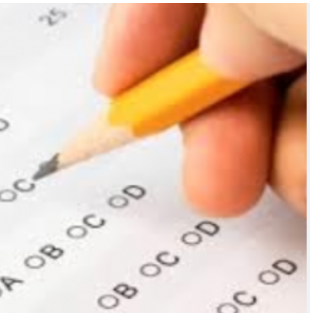KANSAS CITY (AP) — Kansas schools rely too heavily on test scores and ignore input from teachers when weighing whether changes are needed for a student to achieve classroom success, according to a study by researchers at the state’s flagship university.
Kansas began launching the data-heavy Multi-Tiered System of Supports approach in 2007, which has been used to administer plans for student improvement. But the University of Kansas study released earlier this year calls for a balanced system that includes teacher recommendations, test scores and other metrics, KCUR-FM radio reported .
“We are losing teachers’ ability to use far more information about what they know makes for a good education for different types of kids because we’re just reducing the kids down to a number,” said Rebecca Jacobsen, an associate professor of education policy at Michigan State University.
In 2013, the Garden City Public Schools district received training for MTSS. Some teachers didn’t agree with the results from the test, but when they tried to protest, state consultants told them their input wasn’t needed.
“Good teachers are rightly saying those standardized tests are part of the story, but not all of the story,” said Don Stull, one of the study’s authors and a professor emeritus at the university. “And if we don’t try to bring all that we know . then we’re not doing the best we can for those children.”
Shortly after, the state shifted its approach to social and emotional growth. High school graduation rates were also considered alongside test scores.
“The assessment is just a tool to say do we need to look at a certain area,” said Linda Wilkerson, the co-director of MTSS for the Kansas Department of Education. “It isn’t the answer. It’s the question.”
Schools across the country are now recognizing that teachers’ judgments should not be dismissed in favor of test scores. Kansas is trying to find that balance.
“We’re coming back to a kind of middle ground,” Patricia Burch, an associate professor of education at the University of Southern California, said, “where we agree it’s important but it’s not as heavy handed.”
